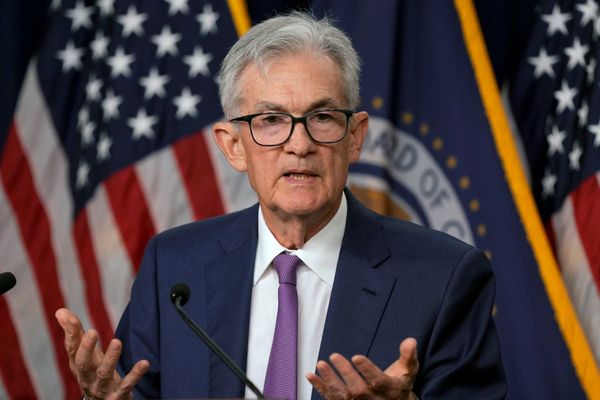
One in three people have missed work in the last year because of delays in accessing NHS care, according to new research.
Opposition politicians said the findings showed that long waiting times and the NHS’s record waiting list were damaging the economy by leaving people too sick to work.
Pollsters Savanta surveyed 2,235 people in the UK this month on behalf of the Liberal Democrats. They found that:
19% have not been able to go to work because they were waiting for a GP appointment
15% had to take a long period off work while they waited for treatment or surgery
12% could not work while they waited for emergency dental treatments
Overall 36% of respondents had missed at least some work because of difficulty getting care.
Young adults were worst affected. More than half (54%) of 18- to 34-year-olds have been forced to miss work while they pursued or waited for care, such as an appointment with a family doctor.
Office for National Statistics (ONS) figures show that about 2.5m people in the UK are economically inactive because they are sick – 400,000 more than before Covid hit.
“It’s outrageous that so many patients have been left to suffer as a result of this Conservative government’s neglect,” said Sarah Olney, a Liberal Democrat Treasury spokesperson.
“[Rishi] Sunak and [Jeremy] Hunt’s failure to get a grip on the crisis in our NHS is having a detrimental effect on the entire country. Millions battling health conditions have been left in limbo and our economy is suffering as a result,” Olney added.
More than 9 million people across the UK are waiting for hospital care, including almost 7.8 million in England – the most ever.
The findings prompted one health service boss to claim that the NHS was “broken” as a safety net people could still rely on to help get them well quickly and get back to work.
“With demand continuing to outstrip supply, health leaders know that access and timely treatment of patients remains a serious challenge, and it is clear that this has financial ramifications for patients – and the wider economy – as well as health ones.
“The state of the health service is intrinsically linked to the wider economy. If the safety net that keeps people healthy is broken, more people will be off work at a cost to them and the wider economy,” said Matthew Taylor, the chief executive of the NHS Confederation.
He urged Hunt to use some of his reported £13bn-£20bn “fiscal headroom” in the autumn statement on Wednesday to increase investment in the NHS as a way of boosting the economy by reducing the number of people unable to work due to sickness.
“The case for investment is self-evident, with research showing that for every one pound invested in health there is a return of four pounds to the wider economy, and getting people off waiting lists will help many back to full fitness, reducing the limits on their ability to work.”
The ONS said last year that the industries with the highest levels of long-term sickness rates were wholesale and retail (10.4%), transport and storage (10%) and accommodation and food service (9.2%).
The health and social sector was also badly affected, with one in 13 people – 7.8% of the workforce – off with a long-term illness, the ONS said.
Olney said Hunt should use his £13bn “windfall” to increase the number of GPs, tackle waiting times and provide more mental-health support.
A government spokesperson said that 18-month waits for care had fallen by 90% since 2021, there were more GP appointments available than last year and that most economically inactive people werenot on a waiting list.
“The Office for Budget Responsibility has been clear that only a small proportion of those inactive for health reasons are on the NHS waiting list and so cutting waiting times will not significantly impact out of work numbers”, said the spokesperson. The government last week unveiled a “back to work plan” to help those with long-term sickness return to work.
This week the government introduced an ambitious Back to Work Plan to keep more people in work. This includes significant investment to help people to manage their health conditions and stem the flow into sickness-related inactivity.”






